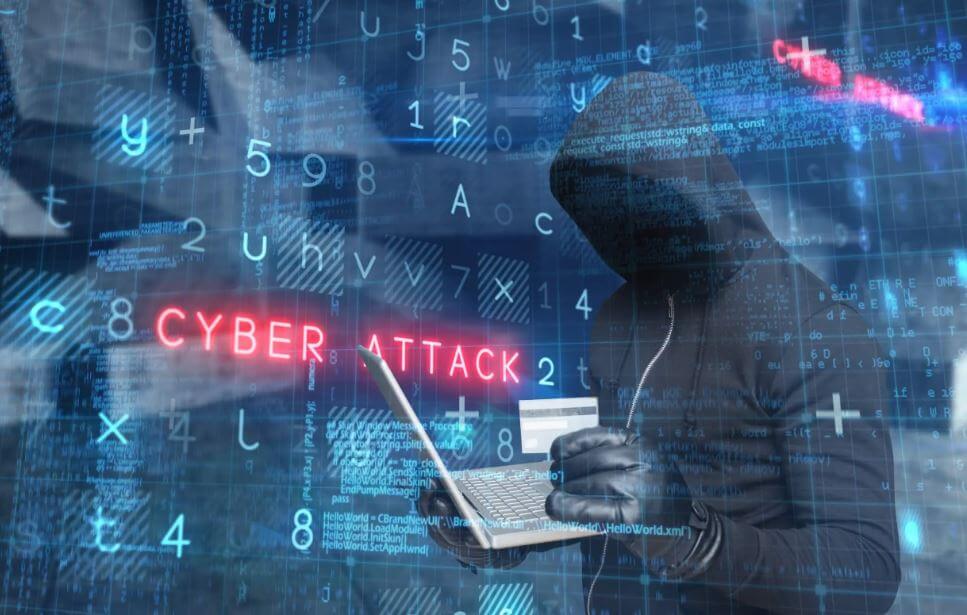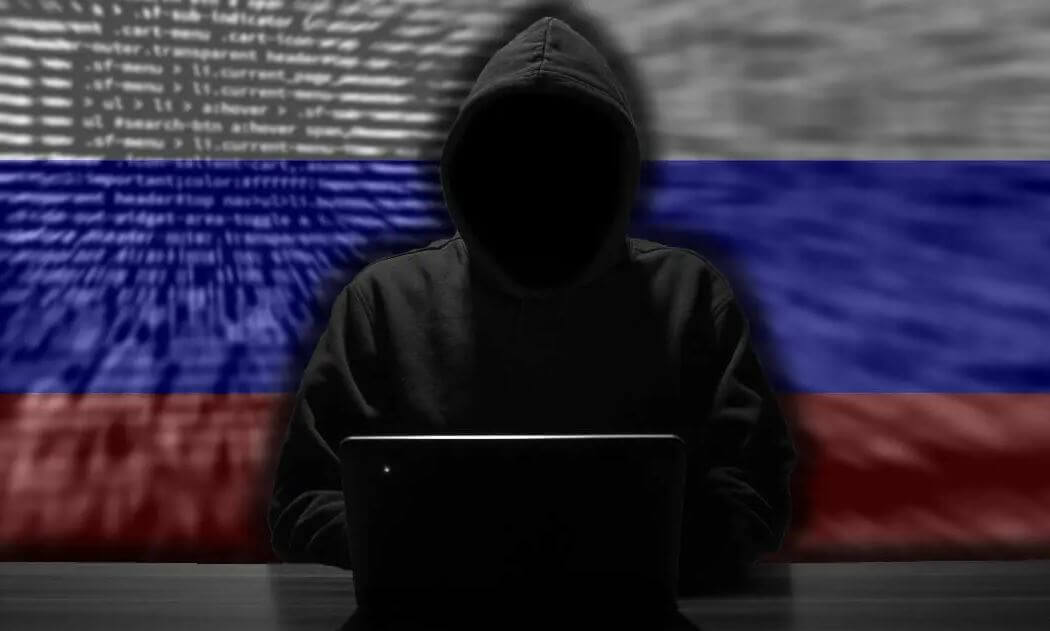Recently, several town councils in the UK suffered cyber attacks conducted reportedly by pro-Russian hackers that affected their web operations. The pro-Russia hacking group NoName057(16) has assumed responsibility for these cyber assaults on the Bury, Salford, Trafford, and Tameside councils’ websites. The pro-Russia hackers used the common hacking technique of a distributed denial of service (DDoS) in which seemingly innocent traffic is sent in large volumes to these websites to make them unavailable to residents for a short duration. This series of attacks has drawn attention to the risks of hacking public infrastructure and elicited an NCSC intervention to the problem.
These attacks by pro-Russia hackers show how quickly they can interfere with local government services and reveal how exposed the public sector’s websites are to cyber threats. Although the level of the DDoS attack technique not very complex, many local public services overwhelmed, thus leaving citizens who depend on the above web platforms in distress.
Hacker Group NoName057
The hacker group NoName057(16), associated with pro-Russia hackers, known for aligning itself with Russian interests and targeting organizations perceived as opponents of Russia. Displaying a Russian flag in its profile, the group frequently takes credit for attacks that disrupt services in Western countries. On X (formerly Twitter), NoName057(16) declared its intentions to attack UK town halls and specifically mentioned councils in Greater Manchester. This public intention is political for these hackers pro–Russian to disseminate their pro-Russian opinion.
The DDoS attacks are typical for pro-Russia hackers and do not necessarily demand much effort compared to other actions in cyberspace. By directing overwhelming internet traffic toward a target server, these attacks cause temporary or extended website downtime. In the case of these UK councils, the DDoS attacks led to service interruptions, forcing Bury and Salford councils to implement alternative ways to assist residents, such as in-person visits and phone support.
Response from the National Cyber Security Centre
Whenever the local council’s websites come under cyber attack from pro-Russia hackers, the National Cyber Security Centre (NCSC) does not waste its time and offers necessary help to the councils. As quoted from the NCSC, As a general rule, DDoS attacks are not very creative but they can disrupt the utilization of public services. Certain measures to secure cyberspace were also provided as the part of response and aimed at preventing the recurrence of similar attacks in the future by the NCSC.

The NCSC is especially crucial for protecting entities from cyber threats across the UK, delivering tools and support to improve cyber readiness. Its quick reaction to cyber attacks from pro-Russia hackers reveals that there is a need for more protection of infrastructure and arming of the cyber security public institutions.
Earlier Cybersecurity Incidents in Greater Manchester
The recent incidents involving Pro-Russia hackers follow a phishing attack in August, targeting housing websites in Manchester, Salford, and Bolton. This phishing scheme attempted to collect personal information from residents by tricking them into providing sensitive data. Town halls quickly responded by issuing warnings, advising residents to monitor bank accounts, change passwords, and stay vigilant against fraud.
Salford’s Home Search system, which is essential for residents accessing housing services, taken offline for weeks due to the phishing attack. Locata, the company responsible for housing software for these councils, issued an apology and sought help from third-party IT experts to investigate and secure the system. The Information Commissioner’s Office (ICO) informed and provided data protection advice, offering additional support in response to the breach attributed to Pro-Russia hackers.
Implications for UK Cybersecurity
With the recent efforts by pro-Russia hackers declaring war on UK councils, the need for top-down security in the public sector becomes all the more clear. Criminals are capable of executing large-scale DDoS attacks and similar cyber threats could potentially lead to massive disruption to important public facilities. When new kinds of threats appear, UK councils and other public institutions are to strengthen their cyber protections to avoid similar attacks from pro-Russia hackers and menace actors.
The NCSC and other departments are in the process of refining the security systems of the public entities. These attacks demonstrate the value of a single unified body of the NCSC, which should be able and ready to address the threats of hacker groups and demonstrate leadership to provide bulletins and guidance throughout the public sector. On the same account, creating an understanding of cyber threats among council employees and residents will be as critical in avoiding and combating potential cyber threats in the future.
Protecting Public Services from Future Attacks
For the prevention of deterioration of the situation and to prevent further attacks of the particular pro-Russia hackers on the public services, measures for cybersecurity taken in advance. Damelin refers to local councils having to ensure that they avail updated tools as well as train their populace in fighting cyber-crimes. Even cyber intimidation tactics such as DDoS attacks, phishing, and others by the pro-Russia hackers are preventable through some technical measures apart from raising OR awareness.

Regular security audits with an understanding of world trends and protection procedures for data are critical requirements for preventing unauthorized access to data. Other cybersecurity authorities such as the NCSC and cyber resilience investment can help institutions develop robust public services delivery even under cyber threats touched by the pro-Russia hackers.
Conclusion
The cyber attacks against UK councils by pro-Russia hackers show just how important enhanced cybersecurity is in the public sector. To a certain extent, such relatively simple attacks as DDoS still reveal the imperfection of public infrastructure. The NCSC needs to cooperate with public institutions as the UK increases its cybersecurity efforts to protect its citizens’ information while ensuring that efficient and easily accessible services are not hindered by cybersecurity threats. The given situation proves the necessity to create a strong cybersecurity environment and promote cyberculture among workers and inhabitants to protect services from further cyberattacks launched by pro-Russian hackers and others.
FAQs
The Pro-Russia hackers group NoName057(16) claimed responsibility.
DDoS attacks employed by pro-Russia hackers to temporarily disable websites.
Bury, Salford, Trafford, and Tameside councils targeted.
The NCSC guided to help strengthen the councils’ cyber defenses.
Yes, council websites were briefly inaccessible, though other services continued.
